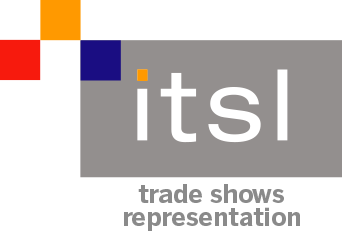“We were very pleased with the service from ITSL and would recommend their services to other companies. It was our first time exhibiting independently at Interpack and they held our hand throughout the process. We have no hesitation in selecting ITSL as a partner again….”
Sarah Ketchin – Fortress Technology

